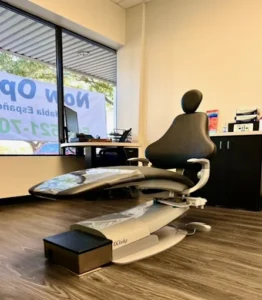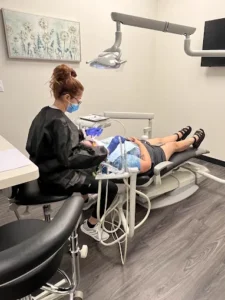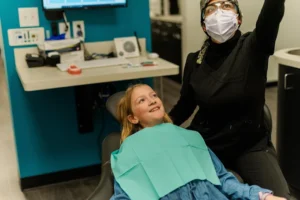Ear infections are the most frequently developing childhood diseases, with a range of symptoms such as fever, earache, or hearing problems. However, one question often arises: Can an ear infection cause jaw pain? The answer is yes.
The infection causes discomfort to spread from one part to another because the ears are situated close to the jaw. In this article we will discuss how ear infections cause jaw pain, related symptoms, treatments, and possible questions one might ask.
What is the Connection Between Ear Infections and Jaw Pain?
Infections of the ear lead to jaw pain as the structures of the ear and jaw share nerve supply and anatomical proximity. The middle ear and the jaw have musculoskeletal connections, and hence a person experiencing pleurisy-like pains in the middle ear will feel such pains in the jaw. For example:
Middle Ear Infections (Otitis Media): These infections bring inflammation and pressure in the ear that may radiate to the jaw, causing discomfort or pain.
Eustachian Tube Dysfunction: Any complications in the Eustachian tubes, such as blocked tubes, lead to pressure and pain in the ear and jaw.
Temporomandibular Joint (TMJ) Dysfunction: Prolonged ear infections may result in TMJ problems that contribute to jaw pain, clicking sounds, and inability to chew food.
What Can Cause Ear and Jaw Pain
TMJ Dysfunction
The temporomandibular joint (TMJ) is a joint between the jawbone and skull needed for chewing and speaking. TMJ disorder causes may include ear pain, jaw sensitivity, headaches, and occasional neck discomfort.
The common causes of TMJ dysfunction are:
- Teeth grinding (bruxism) puts pressure on the muscles and joints of the jaw.
- Jaw misalignment—problems with the teeth and how they fit together—can exert pressure on the surrounding structures in one’s jaws.
- Any form of injury or trauma to the face or head may affect the joint.
- Stressful feelings can cause clenching of the jaw and the muscles.
- TMJ could be caused by age or arthritis problems the patient is experiencing.
Tooth Grinding
Sometimes you clench or grind your teeth due to stress or sleep disorders, and this puts pressure on the facial and jaw muscles, causing pain to spread to the ear or even the entire face.
The signs of tooth grinding are:
- Jaw soreness
- Sensitive teeth
- Cracked or chipped teeth
Ways through which bruxism can be treated are through the use of night guards, stress, and sleep management.
Sternocleidomastoid Muscle Pain
The sternocleidomastoid muscle runs from the ear to the collarbone, and when it is injured or strained, it may lead to jaw or ear pains.
The symptoms may also include:
- Sinus pressure
- Eye discomfort
Determination of SCM-related pain therefore requires a physical exam by a doctor.
Oral Infections and Abscesses
Pain from a tooth abscess or a gum infection may be felt as ear or jaw pain.
The signs of an oral infection are:
- Red or swollen gums
- Sensitivity to hot or cold
- Swelling in the face or jaw
- Fever or general discomfort
This infection, if not treated, may increase and is accompanied by worsening pain and other complications. If the listed symptoms persist, go for dental consideration immediately.

Sinus and Ear Infections: A Dual Cause of Jaw Pain
Sinus infections (sinusitis) and ear infections are also some of the causes of jaw discomfort. Here’s how:
- Sinus Infections: The maxillary sinuses, situated in the region of the cheeks, are close to the lower jaw and to the upper teeth. Pain from any irritation or pressure in these sinuses reaches the jaw and teeth area, thus causing this jaw pain.
- Ear Infections: Middle ear inflammation may be referred to as jaw pain because of interconnected nerves. Untreated, chronic ear infections can cause the surrounding structures of the head to produce mastoiditis, which is fatal. Symptoms include increasing redness around the ear area, problems with hearing, or even fever that reaches high levels.
Jaw Injuries
Injury might occur due to accidents or falls or due to direct blows in the region, and it might lead to ear and jaw pain. Accidents like a broken bone, a twist where the bones in the joints might be damaged, or a pull where muscles are partially torn may call for medical intervention.
Symptoms to Differentiate Jaw Pain and Ear Pain
It is difficult to differentiate toothache/jaw pain from sinus or ear infection; a toothache will only likely be felt in one tooth, whereas sinus or ear infection pressure is felt at the back of the mouth in several teeth.
Here are the signs and traits of a toothache…
- Toothache or sensitivity around the tooth
- Inflammation of your gums
- Bad breath
- Swollen glands
- Sensitivity when taking hot or cold substances
- Fever—a sign of infection
- Earache
Symptoms of jaw pain include…
- Muscular pain where the jaw is located; low throbbing pain or short stabbing pain
- Pain, aching, or problem in chewing food
- Popping or clicking sounds during the opening or closing of the mouth
- Shooting pain in the direction towards the ear or down the neck
- Facial muscular discomfort
- Sharp and sensitive teeth without any sign of any dental problems
- Swelling on either one or both sides of the face
- Difficulty in opening and closing the mouth
Symptoms specific to TMJ are…
- Ear pain without an infection
- Tenderness of the jaw muscles
- An additional shift in the rotated position of the cognitive structure of the top and bottom teeth
- Hormonal imbalances, various types of chronic headaches, or migraines
- Tinnitus (ringing in the ears)
Common signs of a sinus infection include…
- Facial pain or sinus pressure
- This may be seen in between your eyes, either side of your nose, or the forehead, lower jaw, and teeth.
- Nasal discharge
- Nasal congestion
- Headache
- Irritation in throat, swollen throat, or throat congestion
- Fever
- Bad breath
- Headache
Conditions that signify an ear infection include…
- Ear pain
- Draining from ear
- Trouble hearing
- Loss of balance
- Fever
- Sinus issues
- Difficulty sleeping
- Jaw pain
- Headache
Home Remedies for Ear and Jaw Pain Management
- Ear and jaw pain are generally fine to self-manage when there isn’t an initial infection or major injury. People can try the following strategies at home for pain relief:
- Use a mouth guard at night in order to counter tooth grinding.
- Use heat or ice on the affected area to reduce the inflammation ache.
- To relieve muscle tension, lightly apply pressure toward the ear on both sides of the jawline.
- Consume nonsteroidal anti-inflammatory drugs (NSAIDs) like aspirin or ibuprofen.
- Try stretching the sternocleidomastoid; you have to tilt your ear towards your shoulder and maintain such a position for a few seconds. Repeat on the other side.
Medical Treatments for Persistent Ear and Jaw Pain
Most bacterial ear infections need the use of antibiotics. However, a doctor might occasionally observe the infection before prescribing antibiotics.
In some cases, like mastoiditis or other severe infections, the patient requires another type of treatment or medication.
Depending on the cause of ear and jaw pain, medical treatment options may include:
- orthodontic treatment in an attempt to refer the position of the teeth and lower jaw
- TMJ surgery to minimize TMJ pain
- a dental plate individualized for use in the prevention of bruxism
- anxiety treatment when a person has jaw clenching
- drugs such as arthritic medications
- physical therapy to address jaw injuries or help respond maximally to arthritis
treatment for cavities, such as:
- fillings
- root canals
- crowns
- pain medication for temporomandibular joint disorders or arthritis acidity
When to See a Doctor for Jaw Pain
If your tooth pain or jaw pain persists to the point that you can’t bear it, connect with our dental expert to avoid other potential complications.
Celebrate Dental can help you in any severe situation. Don’t wait! Contact us now!








